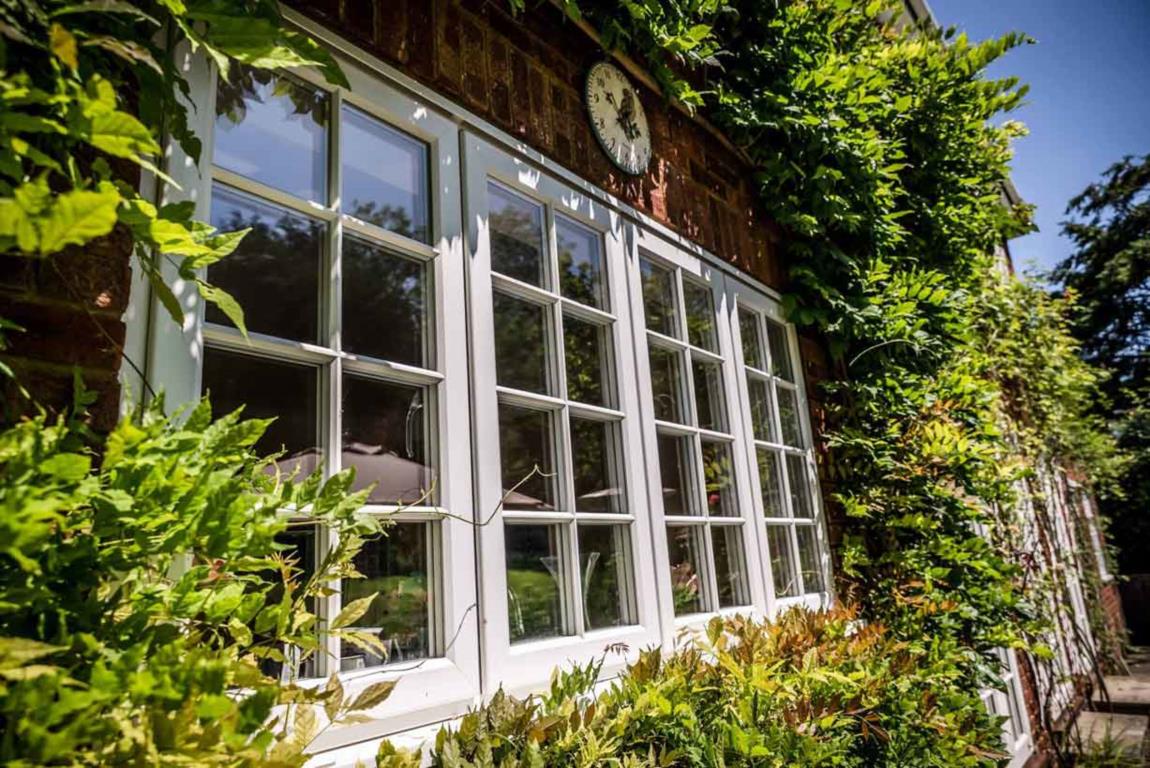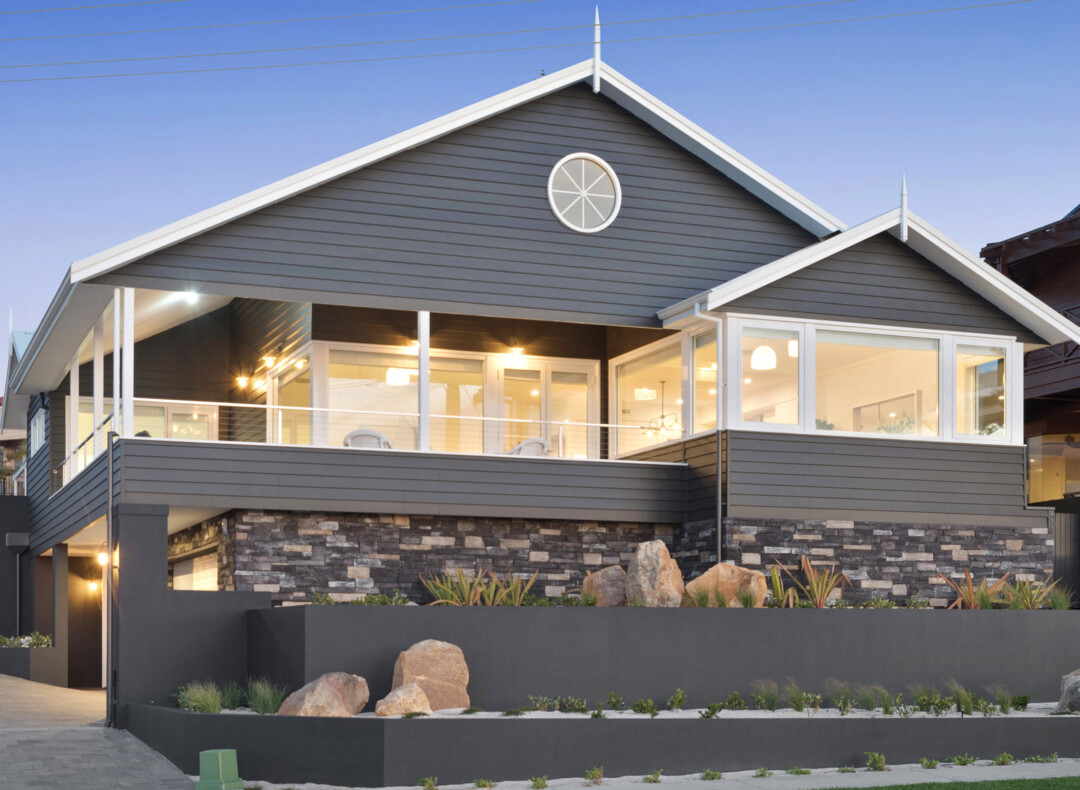All Categories
Featured
Table of Contents
Best Way To Block Sun Heat From Windows [Professionally] in Mount Nasura Perth
Glazing just indicates the windows in your house, including both openable and set windows, in addition to doors with glass and skylights. Glazing actually just implies the glass part, however it is typically utilized to describe all elements of an assembly including glass, films, frames and furnishings. Focusing on all of these aspects will assist you to accomplish effective passive design.
![Best Way To Block Sun Heat From Windows [Professionally] in Brentwood Perth](https://www.cfsols.com.au/wp-content/uploads/2018/01/Solar-Banner.jpg)
Energy-efficient glazing makes your house more comfy and significantly lowers your energy costs. Improper or improperly created glazing can be a major source of unwanted heat gain in summer season and considerable heat loss and condensation in winter season. Up to 87% of a home's heating energy can be gained and as much as 40% lost through windows.
The Surprising Benefits Of Double Glazing In The Summer ... in Hovea WA
Glazing is a substantial investment in the quality of your house. The expense of glazing and the expense of heating and cooling your house are carefully related. A preliminary investment in energy-efficient windows, skylights and doors can significantly minimize your yearly cooling and heating bill. Energy-efficient glazing likewise decreases the peak heating and cooling load, which can lower the required size of an air-conditioning system by 30%, leading to further cost savings.

This tool compares window selections to a base level aluminium window with 3mm clear glass. Understanding some of the crucial properties of glass will assist you to choose the very best glazing for your house. Key homes of glass Source: Adjusted from the Australian Window Association The amount of light that passes through the glazing is referred to as noticeable light transmittance (VLT) or noticeable transmittance (VT).
Double Glazed Windows & Doors Melbourne & Sydney in Mullaloo Western Australia
The U value for windows (revealed as Uw), explains the conduction of the whole window (glass and frame together). The lower the U worth, the greater a window's resistance to heat flow and the much better its insulating value.
For instance, if your house has 70m2 of glazing with aluminium frames and clear glass with a U value of 6. 2W/m2 C, on a winter's night when it is 15C chillier outside compared to inside your home, the heat loss through the windows would be: 6. 2 15 70 = 6510W That is comparable to the overall heat output of a big space gas heating unit or a 6.
Best Way To Block Sun Heat From Windows [Professionally] in Riverton Western Australia

If you pick a window with half the U value (3. 1W/m2 C) (for instance, double glazing with an argon-filled space and less-conductive frames), you can cut in half the heat loss: 3. 1 15 70 = 3255W The solar heat gain coefficient (SHGC) for windows (revealed as SHGCw) measures how readily heat from direct sunlight flows through a whole window (glass and frame together).
The lower a window's SHGC, the less solar heat it transfers to your home interior. Glazing makers state an SHGC for each window type and design. Nevertheless, the actual SHGC for windows is impacted by the angle that solar radiation strikes the glass. This is referred to as the angle of occurrence.
Double Glazed Windows & Doors Melbourne & Sydney in Kallaroo Western Australia
When the sun is perpendicular (at 90) to the glass, it has an angle of incidence of 0 and the window will experience the maximum possible solar heat gain. The SHGC declared by glazing producers is constantly calculated as having a 0 angle of incidence. As the angle increases, more solar radiation is shown, and less is sent.
Table of Contents
Latest Posts
Reglazing Single Glazed Windows With Double Glazed Units in White Gum Valley Western Australia
Replacement Double Glazing - Upvc Windows in Kingsley Perth
Energy Efficiency With Double Glazed Windows 2023 in Como Perth
More
Latest Posts
Reglazing Single Glazed Windows With Double Glazed Units in White Gum Valley Western Australia
Replacement Double Glazing - Upvc Windows in Kingsley Perth
Energy Efficiency With Double Glazed Windows 2023 in Como Perth